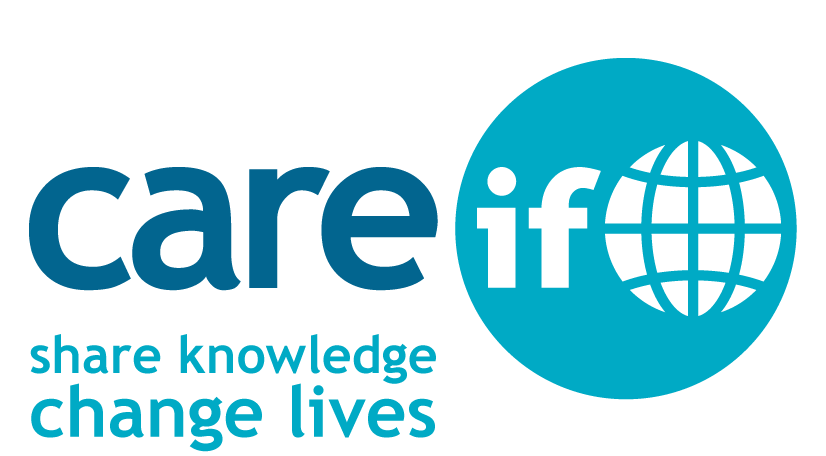Peaceful societies
In his 1992 book, The Strategy of Preventative Medicine, Geoffrey Rose pointed out that war was the largest threat to public health. Today he might have widened his range of possible crises to include the many, overlapping crises faced in countless countries across the world, including extreme climate events and natural disasters, food insecurity, economic uncertainty, population migrations, and the enduring effects of the COVID-19 pandemic.
People who are interested in the study of complex systems refer to the outcomes of these overlapping disasters and their resulting interactions and feedback loops as a ‘polycrisis’. At the global level, our leaders and governments are not able to deal with these multiple crises, especially in the most vulnerable parts of the world.
Lancet Commission
In September this year, the Lancet Commission on Peaceful Societies through Health Equity and Gender Equality published their ambitious and detailed report detailing the effects of these harmful cycles on inequality, injustice, and violence. Their solution for dealing with these is powerfully simple – improve health equity and gender equality.
The results of these improvements, they believe, can be ‘transformative’ and place ‘…societies on pathways towards peace and wellbeing.’ They base their conclusions upon the Commission’s work, carried out since 2019, on the interlinkages between three of the United Nation’s Sustainable Development Goals (SDGs):
Health and wellbeing (SDG3)
Gender equality (SDG5)
Peace, justice, and strong institutions (SDG16).
Whilst the solution may appear simple, it involves a multiple and complex mix of factors that contribute to these polycrises and harmful cycles. Their ambition to move towards a peaceful society is admirable, so let us hope that this report does not fall on deaf ears.
Polycrisis in the UK
We would do well to take up the Commission’s analysis for the future of the UK – it would do no harm to take measures that may improve health equity and gender equality as a means of addressing the nation’s wellbeing. Bearing this in mind, the report prompted me to reflect on the current miserable situation in the UK.
Our ‘polycrisis’ consists of overlapping sets of assaults on our political, economic, social and public health system. These include a myriad of factors most notably: enduring wealth inequality and unacceptable levels of poverty, the consequences of austerity policies, Brexit, the COVID-19 pandemic and a lack of investment.
It also includes increases in the cost of living, failing health and social services, employment insecurity and a falling workforce, wage stagnation, low levels of social security benefits, loss of confidence and trust in our politicians and governance systems, rising incarceration of offenders and prison overcrowding, a failure to adequately address climate change, the increasing prevalence of long term health conditions, rising rates of mental ill-health in children and young people, and rises in the use of food banks. It does not take an epidemiologist to point out the effects of this ‘polycrisis’ on the nation’s health. Just ask the public.
Policies of hope
This scenario paints a grim national picture and one that offers a tough call to future governments. Importantly, we need to abandon the neoliberal economics that have failed us and reverse recent trends towards greater market dependency to give the state a greater role in determining economic, welfare and social development.
But we also need to restore trust in democracy and politics – a recent Ipsos poll revealed that only 1 in 10 people in Britain trust politicians to tell the truth. Governments need to tell a better story, one that is backed up by sound policies that work not only for present times, but for future generations.
These must provide hope and the prospect of a better future. The Lancet Commission suggests ‘inside-out’ processes, approaches that are community-driven, in order to achieve sustained and meaningful progress. We could do worse than taking up the Commission’s advice and listen to local voices as a means of improving the state of our society.
